Baltimore Dental Co.
FUNCTIONAL DENTISTRY
FUNCTIONAL DENTISTRY
Welcome to Baltimore Dental Co., where we believe a healthy smile is integral to your overall well-being. Serving Baltimore County and the surrounding areas, our dedicated team is passionate about providing comprehensive dental care beyond traditional dentistry. We offer a unique blend of conservative treatments and a functional, whole-body approach, ensuring your smile supports optimal health.
THE FOCAL POINTS OF FUNCTIONAL DENTISTRY

Diet and Lifestyle

Oral Microbiome

Sleep and Airway
WHAT WE DO DIFFERENTLY
Functional dentistry is health-centered care that prioritizes identifying the root cause, treating the root cause, and preventing new dental diseases through lifestyle changes.
- Analyze your medical history concerning dental health.
- Comprehensively evaluate the entire oral cavity and document all findings.
- Assess risk and disease severity.
- Test the oral microbiome.
- Investigate potential nutritional issues.
- Evaluate breathing and airway.
- Determine the root causes.
- Develop a specialized and personalized plan for you.
“Integrative Dental Medicine
seeks to restore and maintain health and wellness across a person’s lifespan by addressing the full range of influences that affect oral and systemic health. This
goes beyond
the treatment of oral symptoms to address all the causes of illness and disease. In doing so, the patient’s immediate health needs as well as the effects of the long-term and complex interplay between oral and systemic influences are taken into account."
- quote from “The Shift” by DeWitt Wilkerson, DMD
WHY BALTIMORE DENTAL CO. PROVIDES MICROBIOME TESTING
An unbalanced oral microbiome has been linked to systemic conditions such as heart disease, diabetes, GI disorders, and rheumatoid arthritis. Microbiome testing empowers you with knowledge, helping us move beyond surface-level solutions and work together toward lasting oral and systemic health.
The oral microbiome is a complex ecosystem of bacteria—both beneficial and harmful—that plays a critical role in your oral and overall health. By analyzing the current balance of bacteria in your mouth, we gain important insight into what may be contributing to ongoing dental problems.
Once your microbiome test results are available, our team evaluates the presence and levels of specific bacteria known to influence conditions such as tooth decay, gum disease, and halitosis. With this information, we create a personalized strategy to support a healthier microbial balance.
NUTRITION GUIDANCE
Your mouth is the gateway to your body – what you eat has a direct impact on your oral and overall health. A balanced, nutrient-rich diet supports the strength of your teeth and gums while also helping your body fight inflammation and infection.
Diets high in added sugars, refined carbohydrates, and acidic or highly processed foods can contribute to tooth decay, gum disease, and delayed healing. In contrast, whole foods rich in vitamins and minerals, especially those that support bone health, immune function, and tissue repair, can significantly improve oral health outcomes. Your diet interacts with your unique microbiome, affecting your risk for oral health problems and other types of disease.
Our team provides personalized nutritional guidance based on individual needs and risk factors. We may recommend incorporating specific foods that promote saliva production, reduce acidity, or deliver key nutrients such as calcium, vitamin D, and antioxidants. In some cases, we may also suggest reducing or eliminating certain foods that contribute to inflammation or erosion. Supporting your oral health through proper nutrition is a foundational part of long-term prevention and overall wellness.
COMPREHENSIVE DENTAL SERVICES WITH A FUNCTIONAL PERSPECTIVE
We offer a full range of dental services, all delivered with a functional approach.
DISCOVER HOW OUR FUNCTIONAL APPROACH PRIORITIZES YOUR OVERALL WELL-BEING
When a dentistry practice embraces a “Functional Dentistry” mindset, you, the patient, experience profound benefits. We shift our focus from simply reacting to problems to understanding and addressing the root causes of your oral health concerns. This means you'll receive personalized guidance and support to proactively prevent issues, leading to better long-term oral and overall health and potentially minimizing the need for extensive future interventions. Furthermore, our commitment to creating a calming and supportive environment is designed to significantly reduce dental anxiety, ensuring your comfort is a top priority as we view you as a whole person. Ultimately, by fostering harmony between your oral and overall health, you're likely to experience a greater sense of vitality and well-being, with improvements that can extend beyond your mouth to your energy levels, sleep, and emotional state. This preventative and root-cause approach aims for sustainable health outcomes, potentially saving you time, money, and discomfort in the years to come.
PREVENTION
At Baltimore Dental Co., our approach to prevention in functional dentistry is comprehensive and deeply connected to your overall health. We go beyond traditional cleanings with services like Comprehensive Examinations to thoroughly assess your oral health and identify potential risk factors. Understanding the crucial role of your oral environment, we offer Oral Microbiome Testing to gain insights into the bacterial ecosystem in your mouth and tailor preventative strategies accordingly. We also provide Nutrition Guidance to support a healthy oral environment from the inside out, recognizing the profound impact of diet on inflammation and overall oral health. Coupled with essential services like routine Oral Cancer Screenings & Diagnostic Imaging, our preventative care aims to address the root causes of potential issues, fostering oral and systemic well-being for you.


